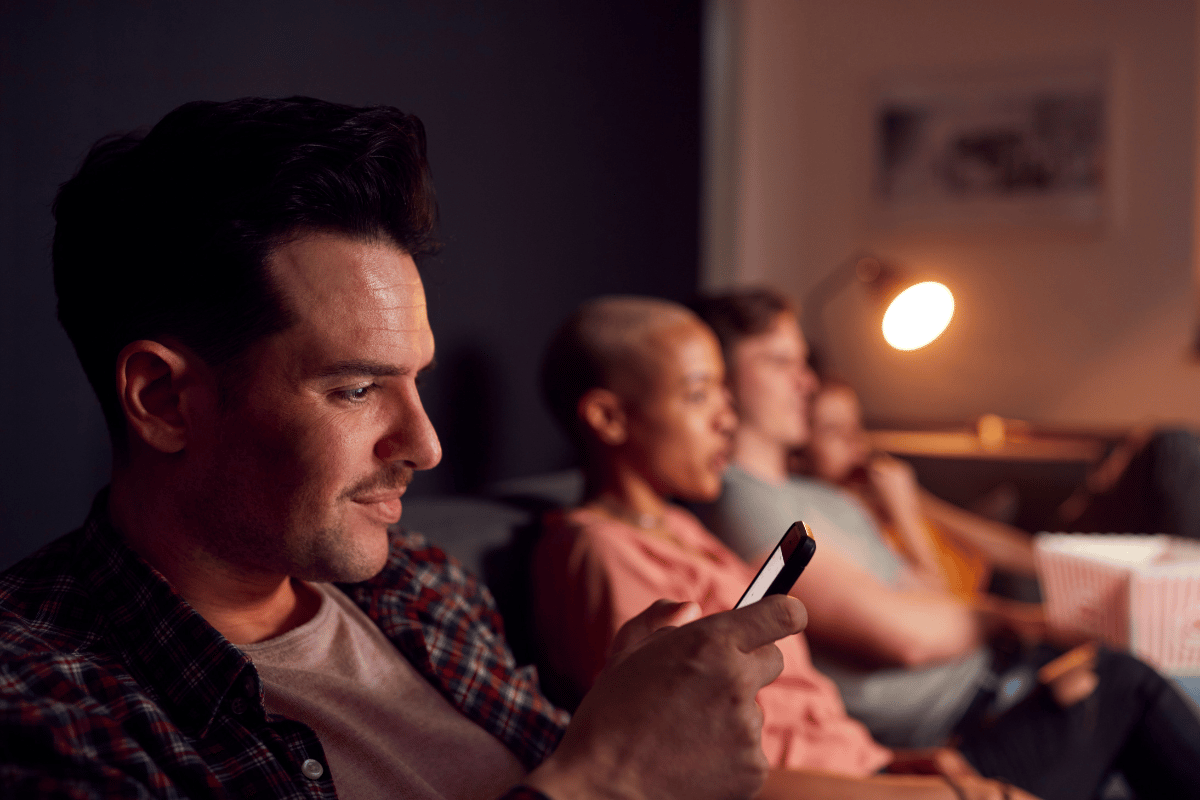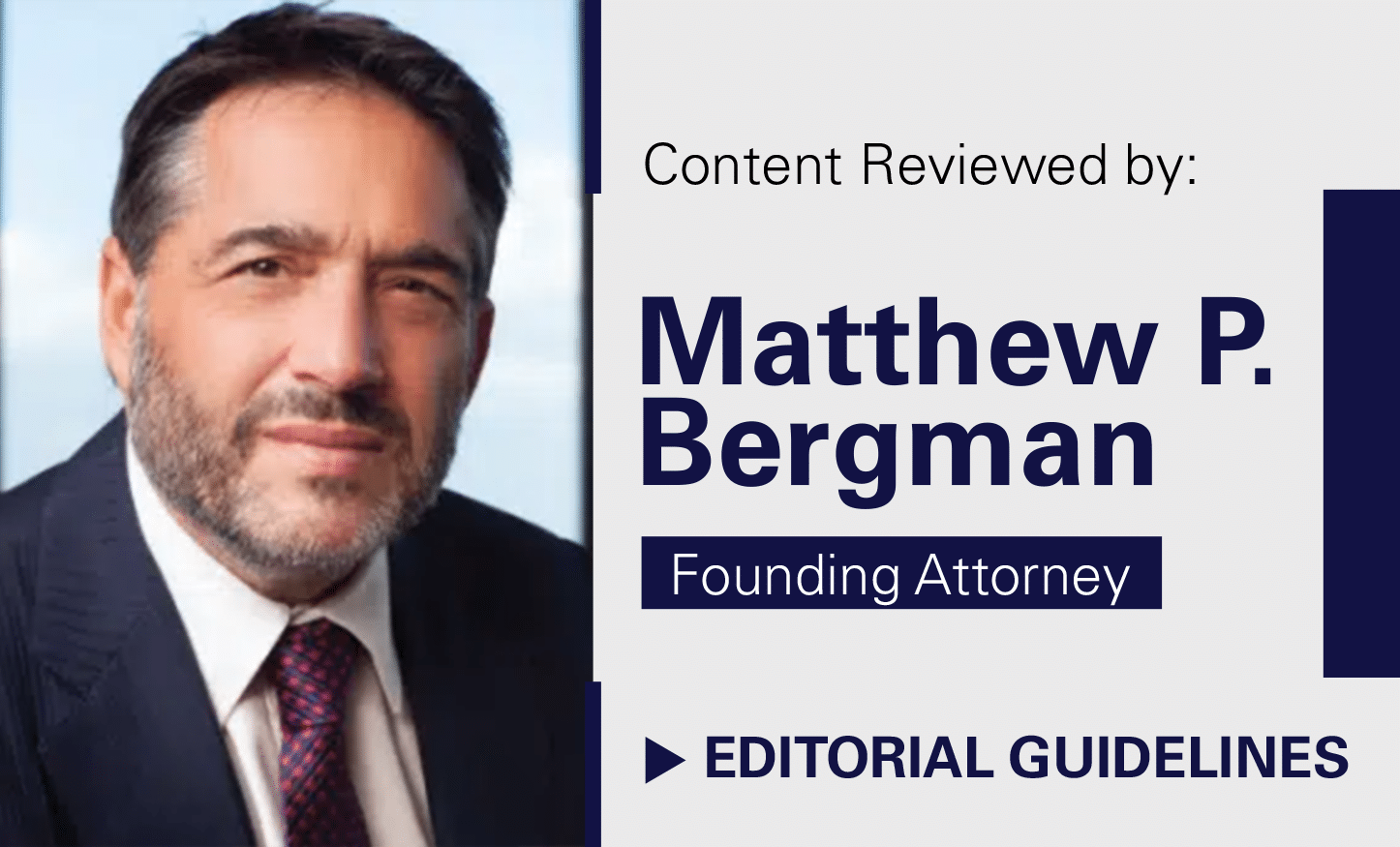Is Tiktok Banned?
One of the most popular social media platforms is facing backlash and scrutiny around the globe. Many governments, including the United States, have enacted partial TikTok bans prohibiting the use of the app on government-issued devices to address privacy and security concerns. American lawmakers have also introduced legislation to enact a complete ban on TikTok, but those bills face a long road ahead if they are to become law.

- Content last updated on:
- August 14, 2025
Written and edited by our team of expert legal content writers and reviewed and approved by

- Content last updated on:
- August 14, 2025
Is TikTok banned?
TikTok is one of the most popular social media platforms, with more than 1 billion active users worldwide. A favorite among teens and young adults, TikTok has drawn criticism for inappropriate content, censorship, and privacy concerns.
These concerns have prompted the United States government to prohibit the use of TikTok on government devices and introduce legislation to ban the app entirely.

Why did the U.S. government ban employees from using TikTok?
In February 2023, the White House issued a directive ordering all federal agencies to remove TikTok from government-issued cell phones. According to the Office of Management and Budget, the move was a “critical step forward in addressing the risks presented by the app to sensitive government data.” But why? Ultimately, the United States government cites growing concerns over privacy and national security.
TikTok is owned by the Chinese corporation ByteDance. Many suspect that the app can be used to spy on Americans and other users around the world. Furthermore, some allege that sensitive user data—including browsing histories and user locations—is being shared with the Chinese government.
Government authorities say that banning TikTok on government devices is a step toward preventing China—through its relationship with ByteDance—from gaining heavily guarded information about the United States and its citizens.
Is TikTok getting banned in the USA?
Some claim that TikTok poses a genuine threat to individual liberty and privacy. Others argue that concerns over TikTok are nothing more than political theater, the result of decades-long tension between the United States and China.
However, recent moves by members of the United States legislature indicate that a nationwide ban on the sixth-most-popular social media app could be on the horizon.
Three noteworthy pieces of legislation have been introduced to ban TikTok nationwide:
- S.1143 “No TikTok on Government Devices Act,” sponsored by Senator Josh Hawley (R-MO)
- H.R.1153 “Deterring America’s Technological Adversaries,” or “DATA Act,” sponsored by Representative Michael McCaul (R-TX)
- S.686 “RESTRICT Act,” sponsored by Senator Mark Warner (D-VA)
All of these bills have similar goals but with different mechanisms. Ultimately, they aim to regulate and possibly prohibit the downloading and use of TikTok on American electronic devices.
The RESTRICT Act has gained support from the White House, while the DATA Act has already gained traction in the House of Representatives.
House Foreign Affairs Committee Legislation on TikTok Ban
On March 1, 2023, the House Foreign Affairs Committee voted in favor of advancing the Deterring America’s Technological Adversaries, or DATA Act. The vote was split evenly among party lines, with all 24 republicans voting to advance the bill, while the 16 democratic committee members voted against it.
The DATA Act would give the White House the authority to sanction or ban TikTok if the government determined the app shared U.S. user data with individuals or companies associated with the Chinese government. Ultimately, it would allow the executive branch to ban TikTok and other communication platforms that it determines pose a threat to national security.
Now that the bill has passed the House Foreign Affairs Committee, it can be heard and brought for a vote before the House of Representatives. It would have to pass the republican-controlled House and the democratic-controlled Senate, then be signed into law by the president before becoming the controlling law of the United States.
Given the political divide over the TikTok issue, many are skeptical about the fate of the DATA Act and other TikTok bans pending before the United States legislature.

Which countries have banned TikTok?
TikTok has already been banned in many countries. Some bans are permanent and affect all citizens, while others are temporary. For instance, India banned TikTok and hundreds of other Chinese-based apps in 2020, after tension between the two nations boiled over. TikTok is now prohibited nationwide in India. On the other hand, TikTok is temporarily banned for users in Indonesia, Bangladesh, and Pakistan.
Government bans similar to the one just enacted in the United States have been popular in many nations, including:
- Afghanistan
- Armenia
- Australia
- Azerbaijan
- Belgium
- Canada
- Denmark
- Iran
- Jordan
- Latvia
- The Netherlands
- New Zealand
- Norway
- United Kingdom
- Taiwan
As concerns over TikTok, privacy, and national security continue to rise, many other countries will likely ban the app’s use.
TikTok’s Impact on American Youth
Spying, data breaches, and national security aren’t the only issues that people have with TikTok. Many are concerned about how it affects Americans—particularly Generation Z and other young users.
TikTok is the most used social media app by teens in the United States. According to the Depression and Bipolar Support Alliance, 63 percent of teens surveyed admitted to using TikTok at least once a week. Growing evidence demonstrates a relationship between social media use and mental health issues, including depression, anxiety, and body dysmorphia.
TikTok drives a proverbial wedge between teens and their peers. While they stay connected through the app, they don’t spend much time together physically. Alone, they scroll through feeds of carefully curated videos and posts and become increasingly isolated from the world around them.
This creates the perfect storm for mental health issues, bullying, reduced quality of life, and suicidal thoughts and tendencies. Several TikTok lawsuits have already been filed over these—and other—alarming concerns.
Some proponents of banning TikTok cite the app’s detrimental impact on young Americans as the most important reason for its removal. If you have concerns about TikTok, a parent’s guide to TikTok can help you learn about how to protect your child from the potentially dangerous aspects of the popular social media platform. If you child has been harmed by social media, contact our firm for a free case evaluation.
Frequently Asked Questions
For individuals and children who have been
We only handle cases on a contingent fee basis. This means that we are paid a portion of any recovery obtained in the case and you do not owe us any attorneys’ fees if the lawsuit does not result in a recovery.
Every case is unique. Our attorneys will work with your family to evaluate your potential case and help you evaluate whether filing a lawsuit or other legal proceeding is in your family’s best interest. Generally speaking, the types of cases we handle involve serious mental health effects, including attempted or completed suicide, eating disorders, inpatient mental health treatment, or sexual trafficking/exploitation that was caused by or contributed to through addictive or problematic social media use by teens and young adults.
We are a law firm based near Seattle, WA comprised of lawyers who have spent their entire careers representing victims who have been harmed by dangerous products. We are also parents. Shocked and troubled by the recent revelations about the harm caused to teens and young adults by social media platforms, which powerful technology companies have designed to be highly addictive, Social Media Victims Law Center was launched specifically to help families and children who have suffered serious mental harm or exploitation through social media use to obtain justice.
Contact Us Today
Related Pages
Client Testimonials
Explore Popular Topics

Addiction

Suicide

Eating Disorders

Anxiety

Bullying

Sexual Abuse

Body Image


